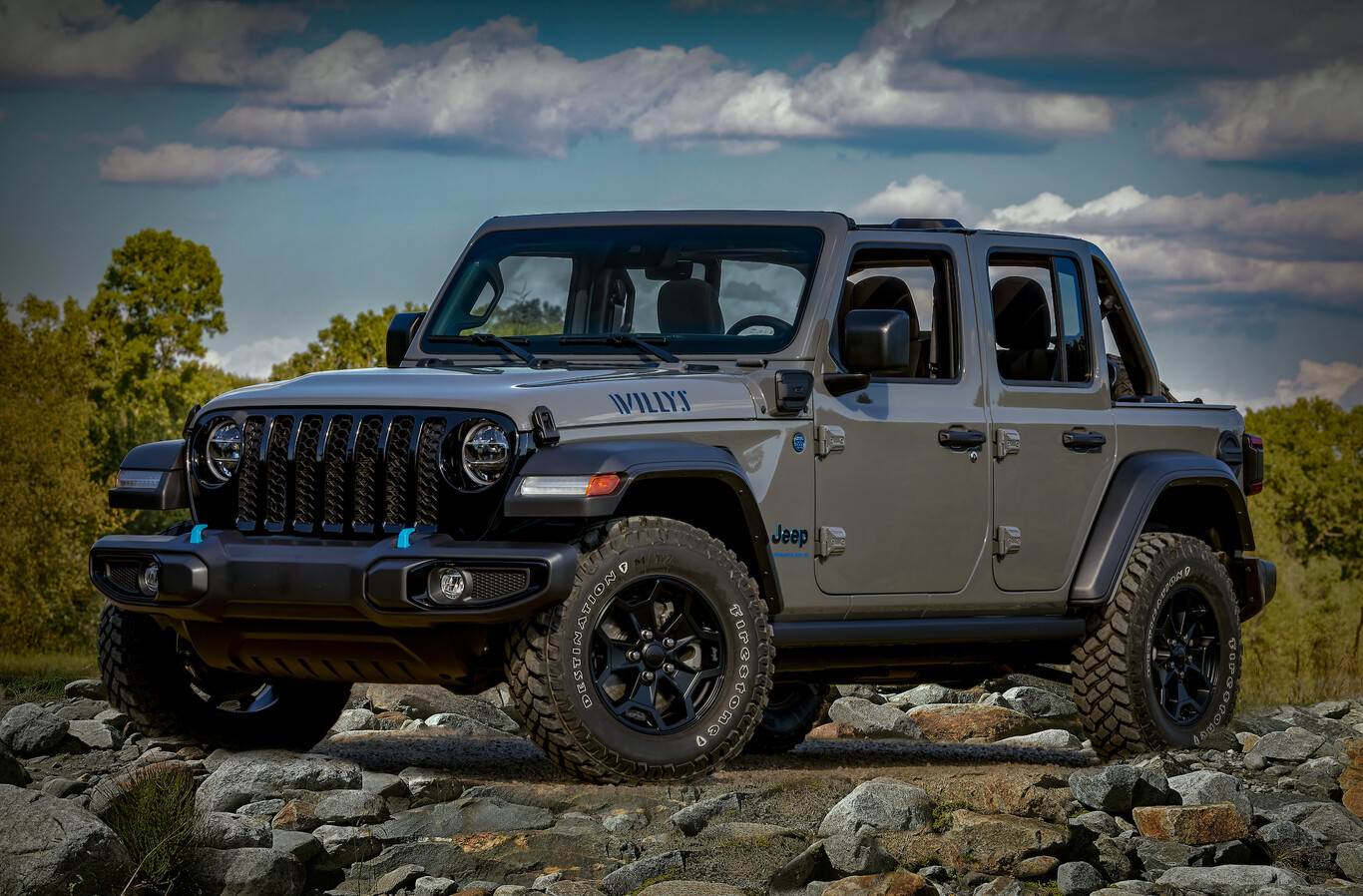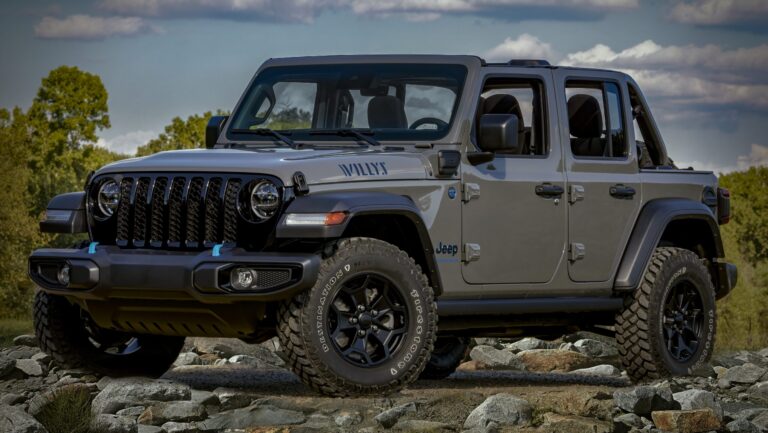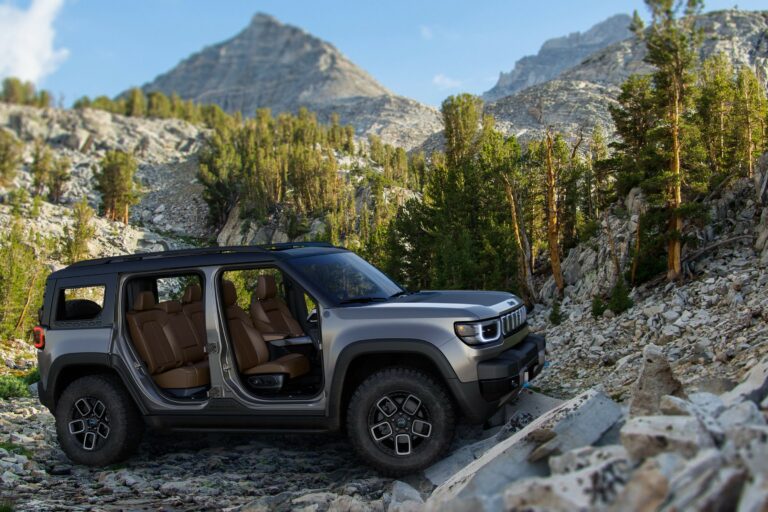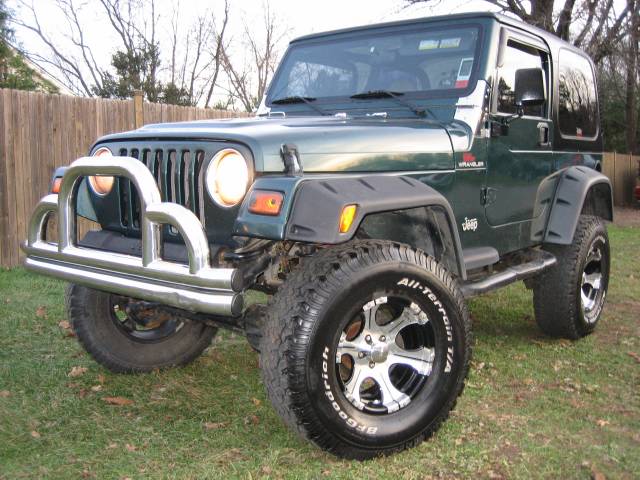Jeep Willys Trucks For Sale: A Comprehensive Buyer’s Guide
Jeep Willys Trucks For Sale: A Comprehensive Buyer’s Guide jeeps.truckstrend.com
In the realm of classic American vehicles, few names evoke as much rugged charm and historical significance as "Willys." More than just a brand, Willys represents a foundational chapter in automotive history, particularly in the development of the civilian utility vehicle. When we talk about "Jeep Willys Trucks For Sale," we’re delving into a market rich with iconic pickups, versatile station wagons, and unique forward-control models that helped shape the post-war landscape. These aren’t just old vehicles; they are tangible pieces of American ingenuity, offering a unique blend of utilitarian design, surprising capability, and undeniable nostalgic appeal.
For enthusiasts, collectors, or anyone seeking a distinctive classic with a story to tell, a Willys truck represents an exciting prospect. Their enduring popularity stems from their robust construction, simple mechanics, and the sheer joy of owning a vehicle that stands out from the modern automotive crowd. This comprehensive guide aims to equip you with the knowledge and insights needed to navigate the market for Jeep Willys Trucks, from understanding their appeal to making an informed purchase.
Jeep Willys Trucks For Sale: A Comprehensive Buyer’s Guide
A Legacy of Ruggedness: Understanding the Willys Truck Appeal
The Willys-Overland Motor Company, having famously produced the military "Jeep" during World War II, quickly capitalized on its success by introducing civilian versions. While the CJ (Civilian Jeep) series is perhaps the most recognized, Willys also pioneered a line of civilian trucks that were equally revolutionary for their time.
Introduced shortly after the war, the Willys Pickup and Station Wagon were among the first all-steel, four-wheel-drive civilian vehicles available to the public. They offered unparalleled utility, making them instant hits with farmers, tradesmen, and adventurous families. These vehicles were characterized by their straightforward design, durable chassis, and the iconic "Go-Devil" L-head four-cylinder engine (later supplanted by the "Hurricane" F-head). Later, the distinctive Forward Control (FC) series, with its cab-over-engine design, offered maximum cargo space in a compact footprint, further showcasing Willys’ innovative spirit.
Today, their appeal lies in their simplicity, go-anywhere capability (especially the 4×4 models), and their classic, no-nonsense aesthetic. They represent a bygone era of automotive design focused purely on function, yet they possess a timeless charm that resonates with modern sensibilities. Owning a Willys truck isn’t just about driving; it’s about connecting with a piece of history and enjoying a vehicle built to last.
What to Look For: Essential Considerations When Buying
Embarking on the search for a Jeep Willys truck requires a keen eye and a clear understanding of what constitutes a good buy. These vehicles are decades old, and their condition can vary wildly.
- Rust, Rust, Rust: This is often the primary enemy of vintage vehicles. Thoroughly inspect the frame (especially around spring hangers and body mounts), floorboards, rocker panels, cab corners, and the bed. Minor surface rust is manageable, but extensive structural rust can be a deal-breaker or lead to very costly repairs.
- Engine and Drivetrain:
- Engine: The original "Go-Devil" (L-head) and "Hurricane" (F-head) four-cylinders are robust. Check for oil leaks, unusual noises, and proper compression. A running engine is always preferable, even if it needs work.
- Transmission & Transfer Case: Most Willys trucks came with a manual transmission. Test all gears, including reverse, for smooth engagement. Engage 4×4 (if applicable) and ensure the transfer case shifts properly between 2H, 4H, and 4L.
- Axles: Check for differential leaks and excessive play in the universal joints.
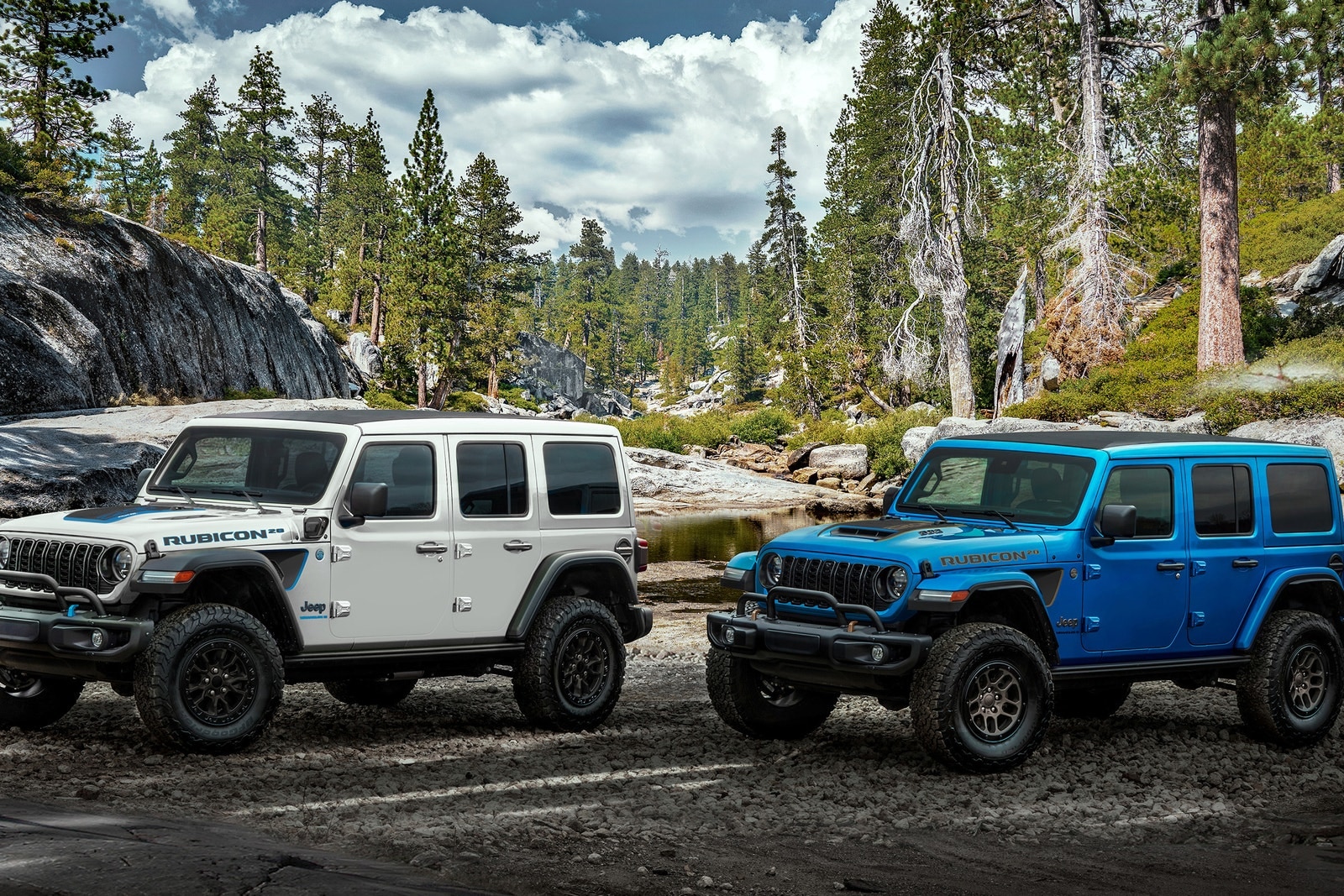
- Brakes, Steering, and Suspension: Test the brakes thoroughly. Are they spongy? Does the truck pull to one side? Check for excessive play in the steering wheel. Inspect leaf springs, shackles, and shock absorbers for wear or damage.
- Electrical System: Original 6-volt systems can be quirky. Check all lights, gauges, wipers, and the horn. Many have been converted to 12-volt, which is a common and often beneficial modification.
- Interior and Exterior: Look at the overall completeness. Are all gauges present? What’s the condition of the seats, door panels, and headliner? On the exterior, check for dents, previous bodywork, and the quality of any paint jobs. Originality often adds value for collectors.
- Paperwork: Ensure the vehicle has a clear title that matches the VIN plate on the vehicle. This is crucial for legal ownership and registration.

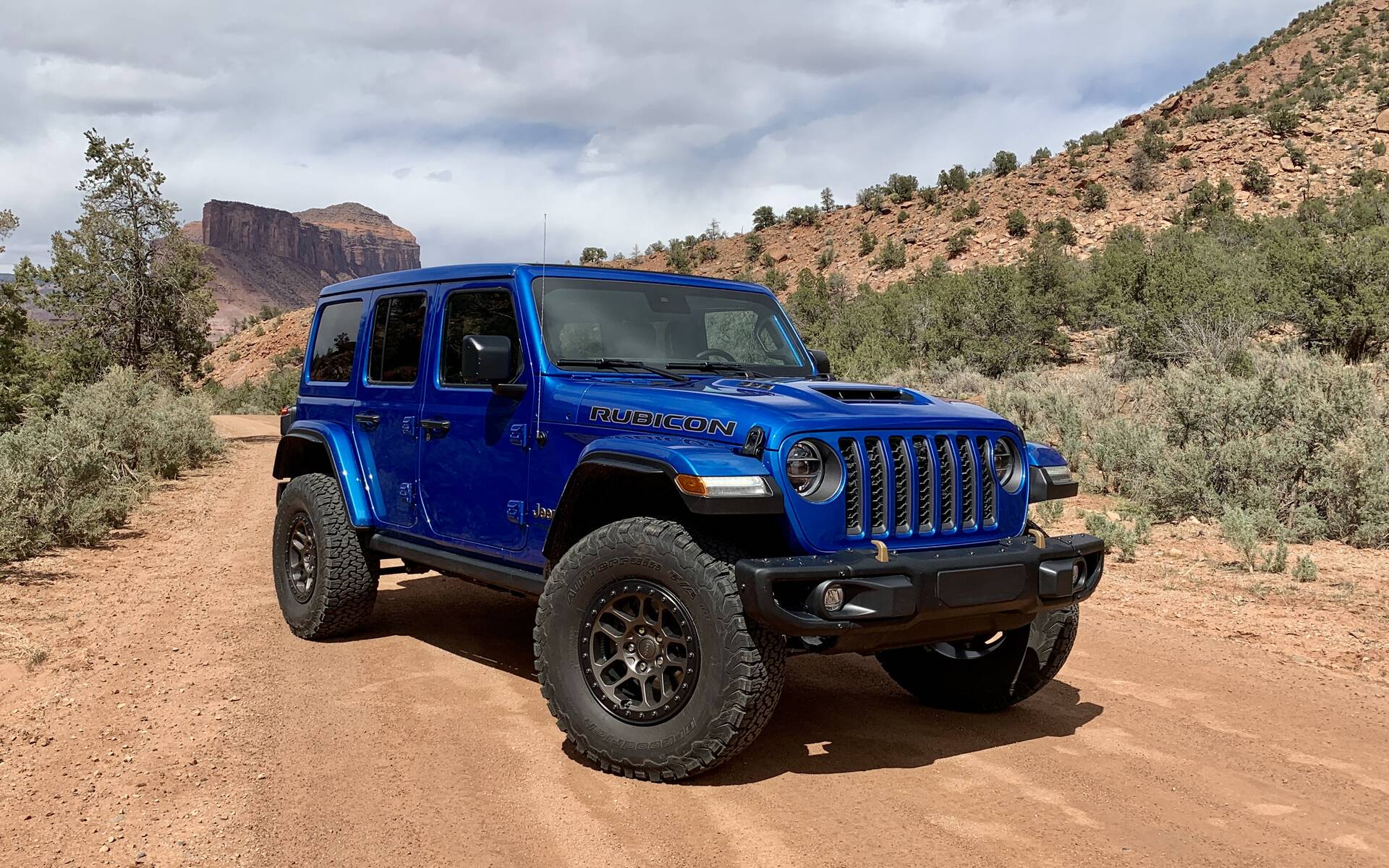
Navigating the Market: Where to Find Willys Trucks For Sale
The market for classic Willys trucks is vibrant, but finding the right one requires knowing where to look:
- Online Marketplaces: Websites like eBay Motors, Hemmings.com, ClassicCars.com, and Bring a Trailer are excellent resources. Facebook Marketplace and dedicated Willys enthusiast groups on social media can also yield results.
- Specialty Dealers & Restorers: Some dealers specialize in vintage 4x4s and may have restored or project Willys trucks. They often come with a higher price tag but offer peace of mind regarding mechanical soundness or restoration quality.
- Auctions: Live and online classic car auctions can be a good source, but bidding can be competitive, and thorough pre-inspection is essential.
- Willys Clubs & Forums: Joining online forums or local Willys clubs can connect you with current owners looking to sell or provide leads on unlisted vehicles. This community is invaluable for advice and networking.
- Word of Mouth & Local Ads: Sometimes, the best deals are found through local classifieds or simply by asking around.
Restoration vs. Preservation: Making Your Choice
When considering a Willys truck, you’ll likely encounter vehicles in various states:
- Project Vehicles: These are often non-running, incomplete, or heavily rusted. They offer the lowest entry price but demand a significant investment of time, money, and skill for restoration. Ideal for the DIY enthusiast.
- Driver Quality: These trucks are running and drivable but may have cosmetic flaws, minor mechanical issues, or older, imperfect restorations. They are suitable for immediate enjoyment but will require ongoing work.
- Good Condition/Older Restoration: These are solid, presentable vehicles that may have undergone a restoration some years ago. They are generally reliable but might not be concourse-perfect.
- Professionally Restored/Show Quality: These trucks have undergone frame-off restorations to a high standard, often appearing better than new. They command the highest prices and are typically reserved for collectors or those who want a turn-key showpiece.
- Restomod: A growing trend involves modernizing Willys trucks with updated engines (e.g., V8 swaps), transmissions, suspension, and brakes. This makes them more practical for modern driving but alters their originality.
Your choice should align with your budget, mechanical aptitude, and intended use. A perfect, original Willys truck is rare and expensive, while a project offers the satisfaction of building it yourself.
Owning a Legend: Maintenance, Parts, and Community
Owning a Willys truck is a unique experience. While they are simple machines, they do require specific attention:
- Parts Availability: Surprisingly, many mechanical parts (engine components, drivetrain parts, brakes) are still available, often due to interchangeability with other early Jeeps or robust aftermarket support. Body panels and specific trim pieces can be harder to find, sometimes requiring fabrication or diligent searching.
- Maintenance: Their straightforward design makes them relatively easy for the home mechanic to work on. Manuals are readily available, and the mechanical principles are simple.
- Community: The Willys community is incredibly supportive. Online forums, clubs, and annual gatherings provide a wealth of knowledge, shared experiences, and a network for finding parts or advice. This community can be an invaluable asset in your ownership journey.
The Investment Aspect: Value and Appreciation
Like many vintage vehicles, well-maintained or professionally restored Jeep Willys trucks can be appreciating assets. Their value is influenced by:
- Rarity and Model: Certain models, like the Forward Control trucks or early 4×4 pickups, can command higher prices due to their unique features or lower production numbers.
- Condition and Originality: Pristine, original examples or high-quality, period-correct restorations fetch the most.
- Documentation: A well-documented history, including original sales receipts, service records, or restoration photos, can add significant value.
While not all Willys trucks will skyrocket in value, a wise purchase and proper care will likely see your investment hold its own, if not increase, over time.
Jeep Willys Trucks For Sale: Estimated Price Guide
Please note: Prices are highly dependent on condition, originality, specific model year, location, and market demand. These are general estimates for reference.
| Model | Year Range (Approx.) | Condition Category | Estimated Price Range (USD) | Notes |
|---|---|---|---|---|
| Willys Pickup (4×4 & 2WD) | 1947 – 1965 | Project/Parts Car | $5,000 – $15,000 | Non-running, significant rust, missing components. For serious, long-term restoration projects. |
| Driver Quality | $15,000 – $30,000 | Running and drivable, but needs cosmetic work, minor mechanical repairs, or has an older, imperfect paint job. | ||
| Good Condition | $30,000 – $50,000 | Solid, minimal rust, well-maintained, presentable. Could be an older, well-done restoration or a remarkably preserved original. | ||
| Restored/Show Quality | $50,000 – $80,000+ | Professionally restored to high standards, often concours-ready. Prices can exceed this for exceptionally rare models or award-winning restorations. | ||
| Willys Station Wagon (4×4 & 2WD) | 1946 – 1965 | Project/Parts Car | $4,000 – $12,000 | Similar to pickups, sometimes slightly lower entry point for projects due to less "rugged" appeal for some buyers. |
| Driver Quality | $12,000 – $25,000 | Functional, but will require ongoing work. Interior condition can heavily influence price. | ||
| Good Condition | $25,000 – $45,000 | Solid, presentable, reliable. Often seen as a more practical classic for families. | ||
| Restored/Show Quality | $45,000 – $70,000+ | High-quality restoration. Less common at the top tier compared to pickups, but highly desirable when found. | ||
| Willys FC-150 / FC-170 (Forward Control) | 1956 – 1965 | Project/Parts Car | $6,000 – $18,000 | Unique cab-over design. Often harder to find parts for specific body panels and glass, increasing project difficulty. |
| Driver Quality | $18,000 – $35,000 | Drivable, but will likely need significant work due to their specialized design and often harder life as work vehicles. | ||
| Good Condition | $35,000 – $60,000 | Desirable due to unique styling and relative rarity. These are often bought by collectors who appreciate their quirky design. | ||
| Restored/Show Quality | $60,000 – $90,000+ | Highly sought after by collectors when perfectly restored due to their iconic and unusual appearance. Can be very high for a top-tier FC-170. |
Disclaimer: These price ranges are estimates and can fluctuate significantly based on various factors. Always conduct thorough research and consider a pre-purchase inspection by a specialist.
Frequently Asked Questions (FAQ) about Jeep Willys Trucks For Sale
Q: Are Willys trucks reliable for daily driving?
A: While incredibly robust for their era, original Willys trucks are generally not ideal for modern daily driving. Their top speeds are low, brakes are typically drum-only, and they lack modern safety features. They are best enjoyed as hobby vehicles, weekend cruisers, or off-road adventurers, unless extensively "restomodded" with modern components.
Q: Are parts hard to find for Willys trucks?
A: Many mechanical components (engine parts, drivetrain, some brake parts) are surprisingly available due to shared components with other early Jeeps and a robust aftermarket. However, specific body panels, interior trim, and unique glass for certain models (like the FC series) can be challenging and expensive to source.
Q: What’s the main difference between a Willys Truck and a CJ Jeep?
A: While both share the Willys name and heritage, Willys trucks (Pickups, Station Wagons, FCs) were built on a heavier-duty frame and designed for more utility and cargo capacity. CJ (Civilian Jeep) models, like the CJ-2A or CJ-3B, were smaller, lighter, and more direct descendants of the military MB/GPW, emphasizing maneuverability and personal utility.
Q: Can I get a loan for a classic Willys truck?
A: Yes, many specialized classic car lenders offer financing for vintage vehicles. Interest rates and terms will depend on the vehicle’s value, your credit, and the lender’s policies.
Q: How much does it typically cost to restore a Willys truck?
A: Restoration costs vary wildly. A simple refresh for a running driver might be a few thousand dollars. A full, professional, frame-off restoration can easily range from $30,000 to $80,000 or more, depending on the initial condition, desired level of perfection, and labor rates.
Q: What are the most common rust areas to check on a Willys truck?
A: Critical areas include the frame rails (especially near spring mounts and under the cab), floorboards, cab corners, rocker panels, lower sections of the fenders, the bed floor and sides, and around windshield/window frames.
Q: What engines were originally available in Willys trucks?
A: The most common original engines were the "Go-Devil" L-head (flathead) four-cylinder and later the "Hurricane" F-head (overhead intake, side exhaust) four-cylinder. Some very late models or specific export versions might have had different engines, but these two are iconic.
Conclusion
The appeal of Jeep Willys Trucks for sale transcends mere transportation; it’s about owning a piece of automotive history, a testament to American ruggedness and ingenuity. Whether you’re drawn to their iconic design, their go-anywhere capability, or the sheer joy of hands-on classic vehicle ownership, a Willys truck offers an unparalleled experience.
Navigating the market requires patience, research, and a clear understanding of your goals. By carefully inspecting potential purchases, leveraging the vast knowledge of the Willys community, and aligning your expectations with the vehicle’s condition, you can find a classic that brings years of enjoyment. Owning a Willys isn’t just a purchase; it’s an investment in a legend, a commitment to a unique lifestyle, and a way to keep a vital piece of automotive heritage alive on the road.
